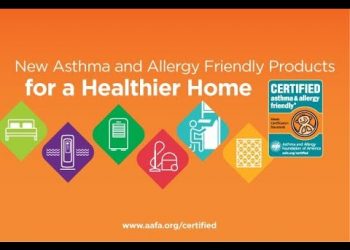In an extensive interview with the UN communications chief, Melissa Fleming, Ms. Bárcena expressed concern at the disproportionate impact that the pandemic is having on indigenous people in the region, in terms of both the health risks they face; shared her fear that the wisdom and knowledge held by these communities is disappearing; and her dismay at rising inequality and poverty, following a period in which progress has been made on both fronts.
This interview has been edited for length and clarity
(Alicia Bárcena) “This is a bad time for this region: we are the epicentre of the pandemic, and extreme poverty rates are going up. Poverty is expected to affect almost 230 million people in this region, and almost 95 million of those are going to be in extreme poverty. When you look at who these people are, we’re talking mainly about indigenous peoples, and more than half are women, who are also very affected by the crisis.
We are also confronting a lack of leadership in the world, to focus on this ‘public bad’: we need leadership, we don’t need each country focusing on its own problems. We need cooperation, we need collective action.”
(Melissa Fleming) You are from Mexico, and you grew up there. Where does your particular concern for indigenous people come from?
(Alicia Bárcena) “I am a biologist by training, a botanist, and I started my career working with an indigenous people’s community in the Maya region. I learned from them the names of the plants, and what they were using the plants for. They have a perception of the world that is totally different from ours, by which I mean that of the Western world. They have a very clear vision that we are part of nature, and not here to conquer nature.
I’m afraid that by not protecting indigenous peoples, we are going to lose their knowledge, their wisdom, their vision of the biodiversity of the world, of the future, and their respect for the past of the ancestors.
And I worry about the communities of the Amazon region, where we are losing so many hectares of forest, and where the communities are at risk. They do not have access to health care or clean water, and they have been marginalized from the best land.
(Melissa Fleming) In your region, you had been celebrating a tremendous amount of progress in poverty reduction, and then COVID-19 hit, reversing these gains. How does that make you feel?
(Alicia Bárcena) “Frankly, very frustrated. This region started to see a reduction in inequality, for the first time, in 2002.
This was partly because there was progressive leadership, with governments that really looked into the process of reducing poverty. And we made a lot of progress. The region was able to pull some 60 million people out of poverty.
The current problems didn’t begin with the pandemic. We saw the trend in poverty reduction begin to reverse, in 2014. We had very mediocre growth, with fiscal austerity programmes to stop this region getting further into debt.
And now, with the pandemic, we are faced with a very delicate situation and, I think, a crisis that is even worse than the one we confronted in the 1980s: we’re going to see many more falling into poverty than ever before, probably around 230 million people.”
(Melissa Fleming) In many countries in your region, the science around the pandemic is being distorted, including by political leaders. As somebody who trained as a scientist, I’m curious, how do you react to this?
(Alicia Bárcena) “There are many things about this pandemic that we don’t know, and, in a way, this pandemic has brought back the importance of scientific evidence and knowledge. I try to read as much as I can about this virus, and how the pandemic is behaving.
Science has to be the basis of our decision-making when, for example, we want to reopen our economies. There is no health/economy dilemma: health concerns have to come first. That’s why we need to support people’s basic incomes, because this is not going to be a short-term crisis.”
(Melissa Fleming) Are there any sort of silver linings? Is there anything that gives you some hope?
(Alicia Bárcena) “I hope that it will possible to build a new social contract, a different conversation between the state, the private sector and civil society. I really believe that we need people to stand up and speak.
I have a lot of faith in local communities, how they are showing solidarity. I think that there’s a lot of hope that we can come together to engage in more cooperative and collective action. Because that’s the only way we’re going to get out of this.”






